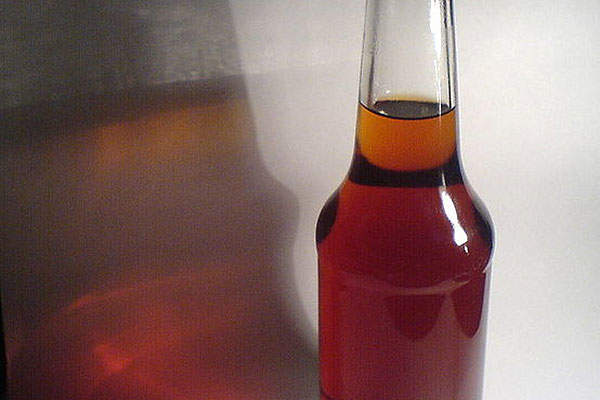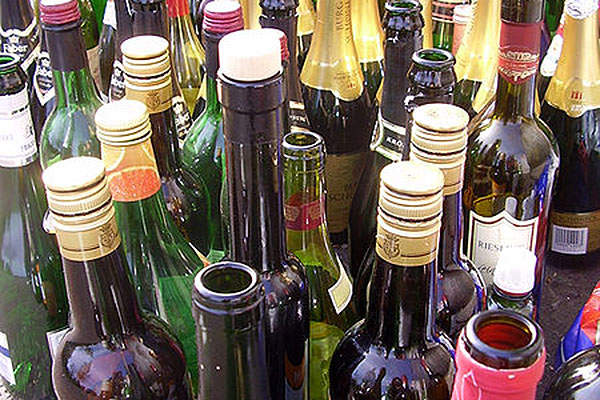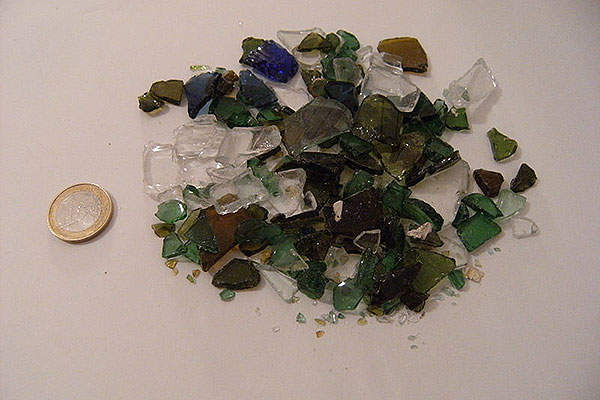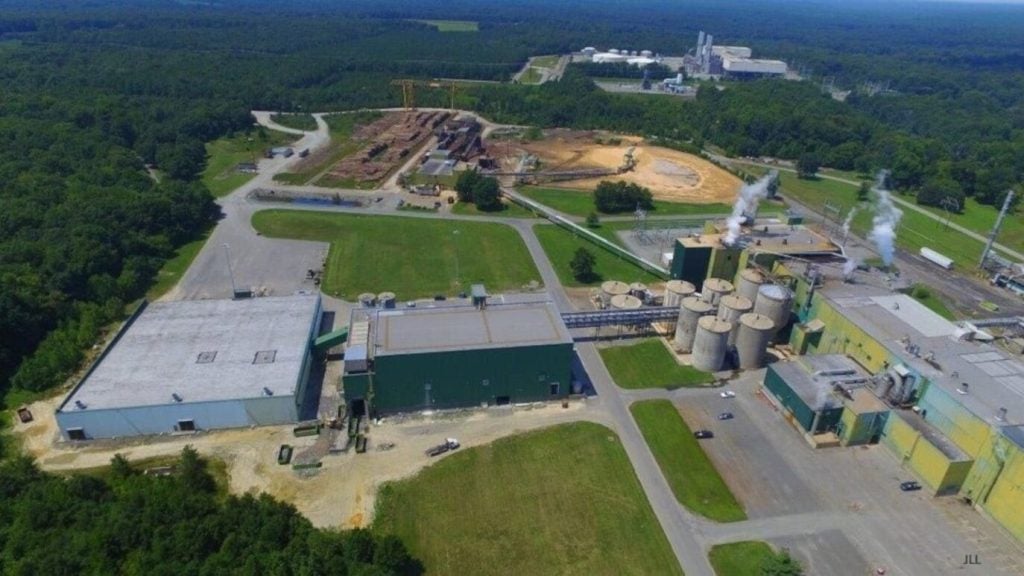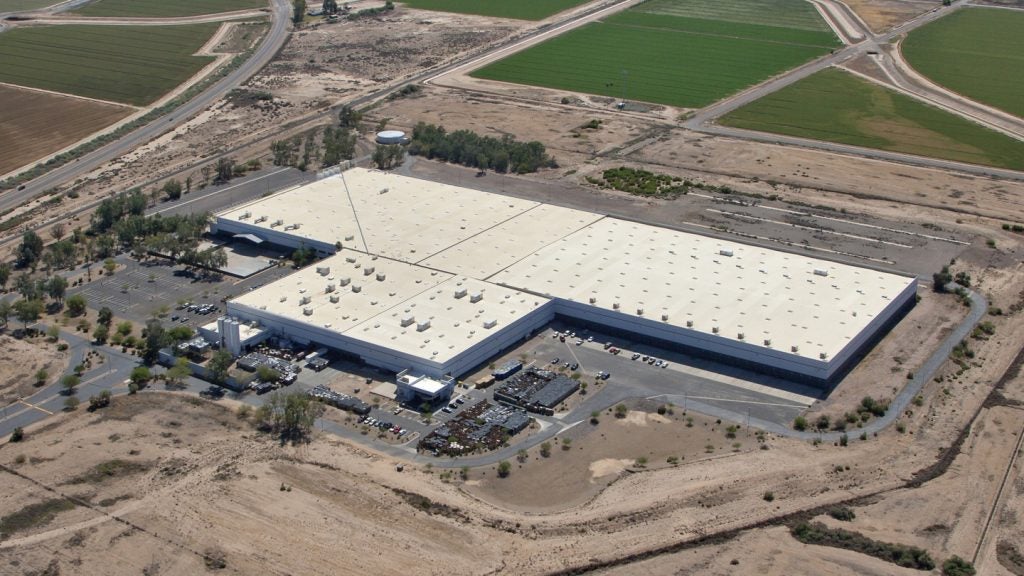Owens-Illinois (O-I), a leading glass bottle manufacturer based in the US, opened a new glass recycling plant in the state of Oregon, US, in a joint-venture with Californian company eCullet in December 2013.
The joint-venture, known as Glass to Glass, will employ 15 people at the new facility, recycling waste glass to supply for O-I’s glass bottle and jar manufacturing facility located nearby. O-I’s Portland glass manufacturing plant employs approximately 200 people and produces more than one million bottles per day. The bottles manufactured at the facility are principally beer bottles purchased by local microbreweries.
Construction on the new glass recycling plant commenced in June 2013 and was completed in about six months. The project created 75 jobs during the construction phase.
Facility details
Portland was selected as the recycling plant site as the city has a reliable supply of waste glass provided through the ‘Oregon container deposit programme’. The ‘bottle bill’, enacted and introduced in Oregon in 1971 to address the state’s litter problem, has been touted as the first bill of its kind in the US.
Recyclable glass from Washington, which would otherwise be sent to landfill, is also recycled at the facility. The recycled glass is the form of cullets, that is broken pieces of glass.
Processing technology
The new glass reprocessing facility uses eCullet’s automated technology for sorting and processing glass recyclables.
Glass containers storing beverages, food products and other items are usually disposed of along with other recyclables into the single-stream collection bins at the curbside by consumers. The single-stream bins are collected from the curbside by haul trucks and the recyclables are separated. The recyclables are then sent to the neighbouring material recovery facility (MRF) to begin the recycling process.
The single-stream recycling effectively increases glass recycling rates. However, it also creates large quantities of broken glass mixed with MRF residue. The non-invasive optical sorting process separates the glass cullets from the MRF residues.
eCullet’s advanced technology processes the highly contaminated in-feed material to colour-sort the broken glass and remove contaminants such as ceramics, porcelain and stone, producing high-quality furnace-ready cullets.
eCullet’s green, amber and flint recycled glass cullets are sold to O-I’s glass manufacturing plant at Portland, where they are used to produce new bottles. The new bottles are repackaged and sold to consumers, and the cycle repeats.
Sustainability features
The new facility helps to reduce the use of virgin raw materials at O-I’s Portland manufacturing plant, lowering the overall environmental impact. It is estimated that every 10% of recycled glass used by the bottle manufacturing plant will cut down energy costs by 2%-3% and greenhouse gas emissions by 4%-10%.
The recycling plant will have a positive impact on the environment by reducing the waste dumped at landfill and preserving the natural resource. On the other hand, use of recycled cullets help O-I to not only save on energy and greenhouse gas emissions but also prolong the life of its glass melting furnaces.
Marketing commentary
Headquartered in Perrysburg, Ohio, US, Owens-Illinois is the world’s biggest glass container manufacturer and owns 36 manufacturing plants across the world. The company has approximately 22,500 employees supporting operations in 21 countries. It has presence in China, Malaysia and Vietnam through joint-venture operations.

